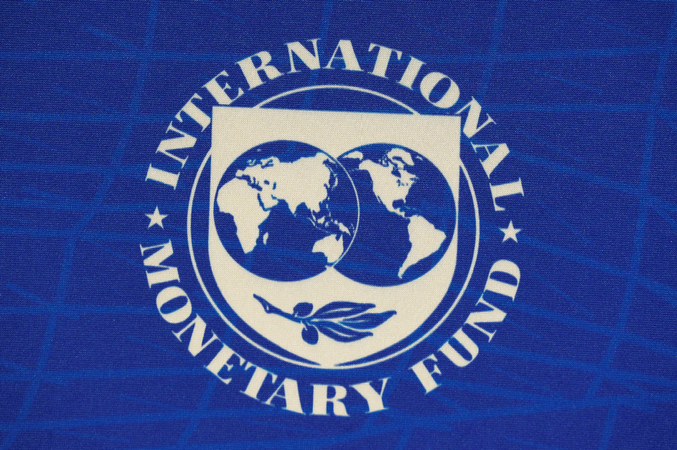In a virtual meeting with the representatives of the Federal Government, the mission of the International Monetary Fund stated that the resurfacing of fuel subsidies was concerning.
The IMF mission led by Jesmin Rahman, according to a press release, expressed its concerns about rising fuel subsidies to the Nigerian authorities during a virtual meeting.
The Fund also stressed the importance of introducing market-based fuel pricing mechanisms and the need to deploy well targeted social support to cushion any impact on the poor.
The mission commended the Central Bank of Nigeria for merging taking the official exchange rate to the NAFEX window.
However, they recommended the unification of all exchange rate windows and establishing a market-clearing exchange rate.
On monetary policy, they advised the country to strengthen the monetary targeting regime and integrating the interbank and debt markets.
Rahman was quoted as saying, “The Nigerian economy has started to gradually recover from the negative effects of the COVID-19 pandemic.
“Gross Domestic Product growth turned positive in the fourth quarter of 2020, and growth reached 0.5 per cent year-on-year in Q1 2021, supported by agriculture and service sectors.
“Nevertheless, the employment level continues to fall dramatically and together with other socioeconomic indicators, is far below pre-pandemic levels. Inflation slowed down in May but remains elevated at 17.9 per cent, owing to high food prices.
“As oil prices and remittance flows recover, the balance of payments has slightly strengthened, although imports are rebounding faster than exports and foreign investment subdued resulting in forex shortage.”
The mission urged the government to keep reliance on CBN overdrafts for deficit financing within legal limits.
It also asked the Federal Government to strengthen budget planning and public finance management practices to allow for flexible financing from domestic markets for better integration of cash and debt management.
The IMF applauded the Federal Government’s efforts towards containing the transmission of COVID-19 in the country and the COVAX vaccination programme.
It backed efforts to acquire additional doses from countries with surplus stocks.
Commenting on the banking sector, the mission said, “The banking sector remains liquid and well-capitalised while non-performing loans are contained.
“The extension of the moratorium on principal payments of qualifying credit facilities on a case-by-case basis through March 2022 should be limited to viable debtors with strong pre-crisis fundamentals.
“CBN stress tests show that the banking system would remain adequately capitalised except in case of a severe deterioration of credit quality.
“Nevertheless, it is not clear what share of forborne loans may turn non-performing as the impact of the pandemic subsides.”
It added that since NPLs often rose at the tail of economic crisis, CBN’s strong oversight remained critical to safeguarding financial sector stability.
The Punch

 News6 years ago
News6 years ago
 Featured6 years ago
Featured6 years ago
 Boss Picks6 years ago
Boss Picks6 years ago
 Headline6 years ago
Headline6 years ago
 Headline6 years ago
Headline6 years ago
 Headline5 years ago
Headline5 years ago
 Headline6 years ago
Headline6 years ago
 Headline6 years ago
Headline6 years ago











